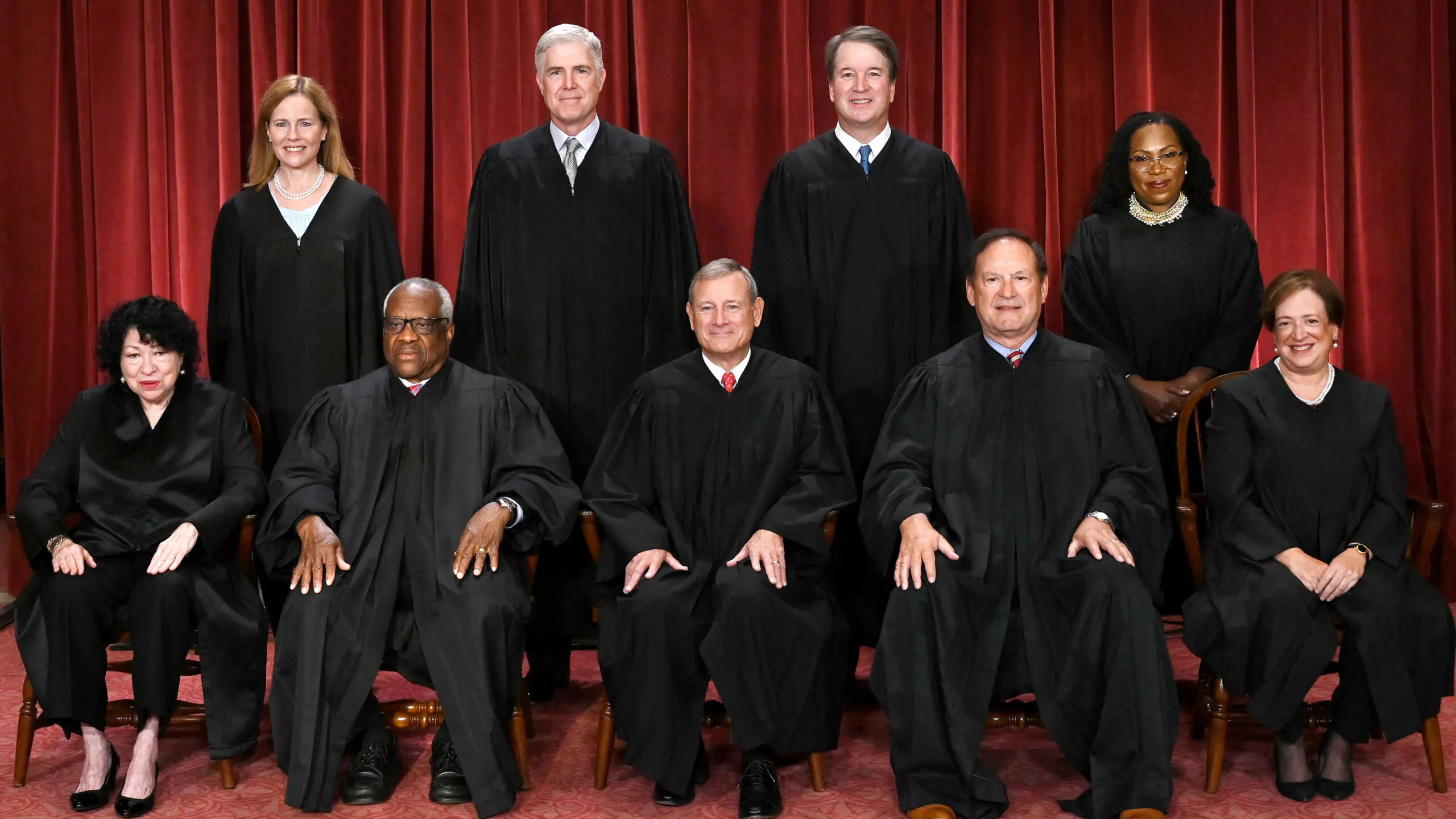The U.S. Supreme Court released a statement Thursday afternoon announcing that investigators could not determine who was behind the leak of Justice Samuel Alito’s draft opinion in Dobbs v. Jackson Women’s Health Organization last year.
Alito said late last year that the leak of the draft in May 2022 made the “majority in support of overruling Roe and Casey targets for assassination because it gave people a rational reason to think they could prevent that from happening by killing one of us.”
The Supreme Court released the report along with an unsigned statement that called the leak “one of the worst breaches of trust” in the court’s history. “The leak was no mere misguided attempt at protest,” the statement said. “It was a grave assault on the judicial process.”
“The Chief Justice assigned the task to the Marshal of the Supreme Court and her staff,” the statement continued. “After months of diligent analysis of forensic evidence and interviews of almost 100 employees, the Marshal’s team determined that no further investigation was warranted with respect to many of the ’82 employees [who] had access to electronic or hard copies of the draft opinion.'”
“In following up on all available leads, however, the Marshal’s team performed additional forensic analysis and conducted multiple follow-up interviews of certain employees,” the statement continued. “But the team has to date been unable to identify a person responsible by a preponderance of the evidence.”
The Marshal’s report states that investigators continue to analyze some electronic data that has been collected and that there are still some outstanding inquiries at this time.
“To the extent that additional investigation yields new evidence or leads, the investigators will pursue them,” the report said. “If a Court employee disclosed the draft opinion, that person brazenly violated a system that was built fundamentally on trust with limited safeguards to regulate and constrain access to very sensitive information.”
The report said that the following federal statutes were relevant to the investigation:
- 18 U.S.C. § 371 prohibits two or more persons from conspiring to commit an offense against the United States or to defraud the United States in any manner or for any purpose.
- 18 U.S.C. § 401 states that “[a] court of the United States shall have power to punish . . . such contempt of its authority . . . as . . . [m]isbehavior of any person in its presence of so near thereto as to obstruct the administration of justice” and “[m]isbehavior of any of its officers in their official transactions.”
- 18 U.S.C. § 641 prohibits the disposition “without authority” of any record or thing of value of the United States.
- 18 U.S.C. § 1030 prohibits intentionally accessing a computer without authorization or exceeding authorized access and thereby obtaining information from any department or agency or the United States.
- 18 U.S.C. § 1503 prohibits “corruptly . . . endeavor[ing] to influence, intimidate, or impede any . . . officer in or of any court of the United States . . . in the discharge of his duty . . . or corruptly . . . influenc[ing], obstruct[ing], or imped[ing], or endeavor[ing] to influence, obstruct, or impede, the due administration of justice.”
- 18 U.S.C. § 1905 prohibits disclosure by federal government employees of information that comes to them in the course of their employment that is known by them to be confidential, including the “identity” of “any person.”
- 18 U.S.C. § 2071 prohibits unlawful removal of any record filed or deposited with any judicial officer of the United States.
This report has been updated to include additional information.

.png)
.png)

